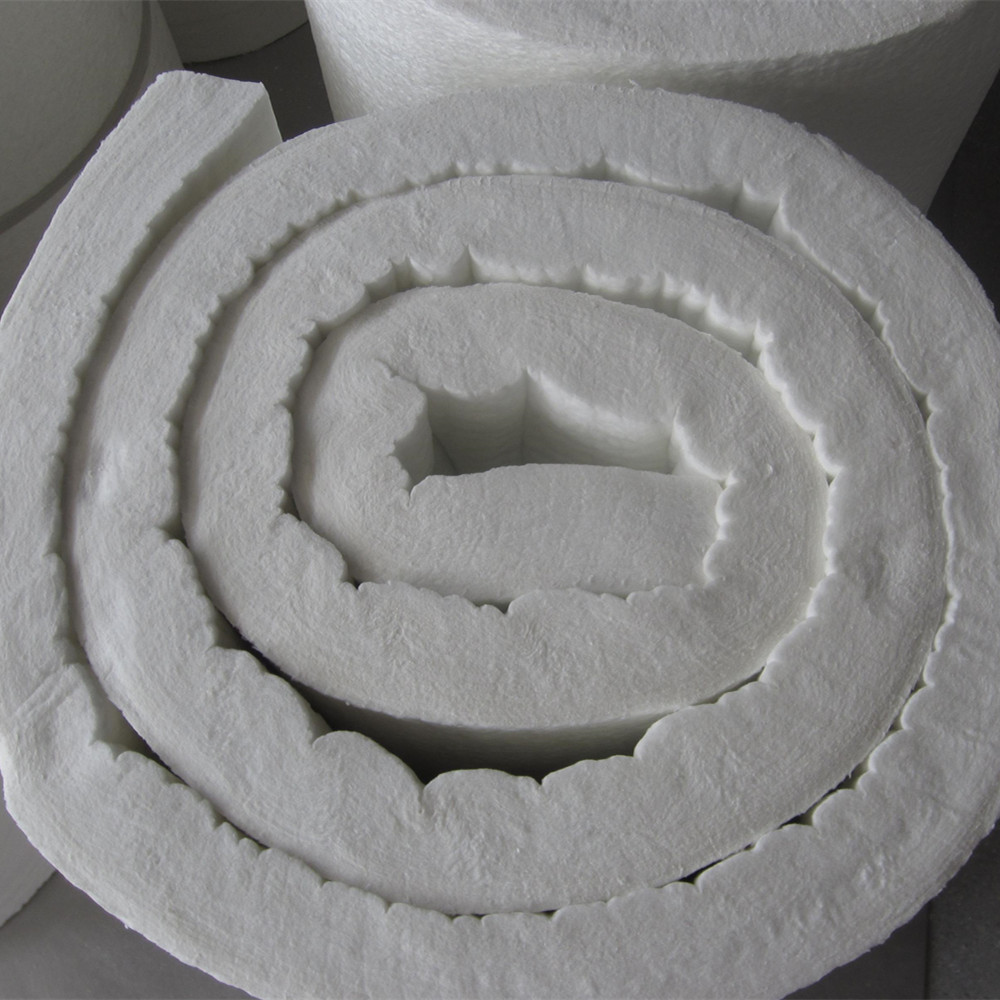When it comes to heat insulation, finding a solution that can deliver consistent protection across various industries is essential. Ceramic fiber blanket stand out as one of the most versatile thermal insulation materials available. Known for their high-temperature resistance and lightweight design, these blankets are used in a wide range of applications—from automotive exhaust systems to industrial ovens. Let's explore how ceramic fiber blankets provide dependable thermal protection in different sectors and industries.
Ceramic fiber blankets are made from high-purity alumina-silica fibers, designed to withstand extreme temperatures without adding unnecessary bulk or weight. They offer an exceptional balance of flexibility, durability, and thermal resistance, making them ideal for a variety of challenging environments. With temperature resistance up to 3000°F (1649°C), ceramic fiber blankets are the go-to choice for heat insulation needs.
In the automotive industry, especially in motorsport, heat management is critical for engine performance. Ceramic fiber blankets are widely used to insulate exhaust systems, turbochargers, and manifolds. Their ability to withstand extremely high temperatures without adding significant weight makes them essential in racing vehicles and high-performance cars. These blankets help maintain optimal engine temperatures, protect components from heat damage, and improve overall efficiency.
In aerospace, every ounce counts. Ceramic fiber blankets are utilized in jet engines, heat shields, and other critical aerospace components. Their lightweight nature ensures minimal weight increase, while their exceptional heat resistance protects sensitive parts from thermal damage. In flight systems, where both heat and weight management are paramount, ceramic fiber blankets are the ideal choice for insulating fuel lines, exhaust components, and engine parts.
Ceramic fiber blankets are widely used in industries such as metalworking, ceramics, and glass production. They insulate furnaces, kilns, ovens, and boilers, helping to maintain high temperatures while improving energy efficiency. By minimizing heat loss, ceramic fiber blankets reduce energy consumption, enhance operational efficiency, and protect the surrounding infrastructure from thermal damage. Their flexibility makes them perfect for insulating irregularly shaped equipment.
In the oil and gas industry, ceramic fiber blankets are commonly used to insulate pipes, tanks, and valves that operate in extreme temperature environments. These blankets provide critical protection against heat loss, helping maintain optimal system temperatures and preventing energy waste. They also shield sensitive components from potential thermal stress, improving the reliability and longevity of systems in this high-risk industry.
Power plants, particularly those utilizing high-temperature steam turbines and boilers, require reliable thermal insulation. Ceramic fiber blankets are used to insulate these components, offering protection from heat damage and preventing excessive energy loss. By maintaining the desired thermal environment, these blankets help optimize power production and reduce fuel consumption, contributing to more sustainable energy production.
In sectors like welding, firefighting, and emergency response, ceramic fiber blankets are used as fireproof barriers. These blankets offer a portable solution to protect workers from heat and flames, particularly in high-risk environments. Whether used for personal protective gear or for covering high-temperature surfaces, ceramic fiber blankets are essential for ensuring safety in fire-prone industries.
Ceramic fiber blanket is incredibly versatile and can be used in a wide array of industries to provide reliable and efficient thermal protection. Whether it’s automotive, aerospace, industrial manufacturing, oil and gas, or power generation, ceramic fiber blankets offer an effective solution that combines lightweight flexibility with exceptional heat resistance. Their adaptability to various applications, along with their long-lasting performance, makes them an indispensable choice for industries that demand consistent heat insulation across diverse environments.
